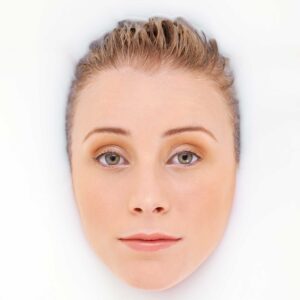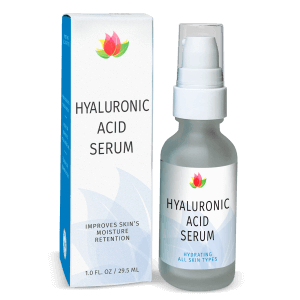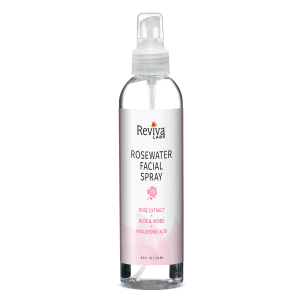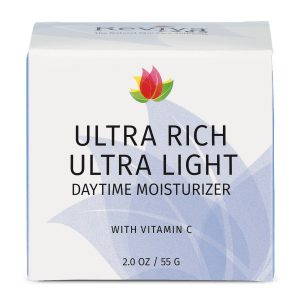Natural, Reviva Labs, Skin Care
The Best and Quickest Way to Glowing, Hydrated Skin
Skin that looks radiant and hydrated isn’t just about looking great; it’s about feeling great, too. Healthy skin is often the first indication that our bodies are in balance, that we’re doing the right things both inside and out. But if you’re someone who juggles a busy lifestyle, achieving that coveted glow can feel like an elusive goal. Here’s some great news, though: You don’t need endless time or complicated routines to get glowing, hydrated skin. In fact, with a few smart adjustments, that luminous complexion can be yours sooner than you think.
Hydration: The Core of Glowing Skin
Let’s start with the obvious: hydration. We all know it’s essential for the body, but it’s equally important for your skin. Dehydrated skin can appear dull, tight, and even flaky. Worse yet, it can lead to premature aging—something none of us want! The key to maintaining glowing skin is keeping it properly hydrated, and that starts with something so simple: water.
According to a study published in the journal Clinical, Cosmetic, and Investigational Dermatology, drinking more water improves the hydration of the skin’s outer layer (epidermis) and enhances its texture and elasticity. So, if you’re not already drinking enough water, start there. Eight glasses a day is a solid benchmark, but you might need more depending on your lifestyle, climate, and physical activity.
But while hydrating from within is critical, the skin also benefits tremendously from topical moisture. This is where skincare products rich in humectants like hyaluronic acid and glycerin come in handy. These ingredients act like magnets, pulling moisture from the environment into your skin, giving it that plump, dewy appearance. Hyaluronic acid, in particular, is a superstar because it can hold up to 1,000 times its weight in water, making it ideal for all skin types.
The Importance of Gentle Cleansing
One of the quickest ways to sabotage your skin’s hydration levels is by using harsh cleansers. While it might feel satisfying to remove every trace of makeup, dirt, and oil with a deep-cleaning formula, your skin’s natural oils are essential for maintaining hydration. Stripping those oils away can leave your skin dry, irritated, and prone to breakouts.
Instead, opt for a gentle, sulfate-free cleanser that effectively removes impurities without disrupting your skin’s moisture barrier. Cleansing once a day, ideally in the evening, is often enough for most people. If you cleanse in the morning, stick with something mild like micellar water or simply rinse with water to avoid over-cleansing.
Layering Your Products: Why It Matters
Ever wonder why your skin sometimes feels tight after applying moisturizer? It might not be the product—it could be the way you’re using it. Layering your products correctly can make a world of difference in how well they work. Think of your skincare routine as building a house: you start with a solid foundation before adding layers of protection and finishing touches.
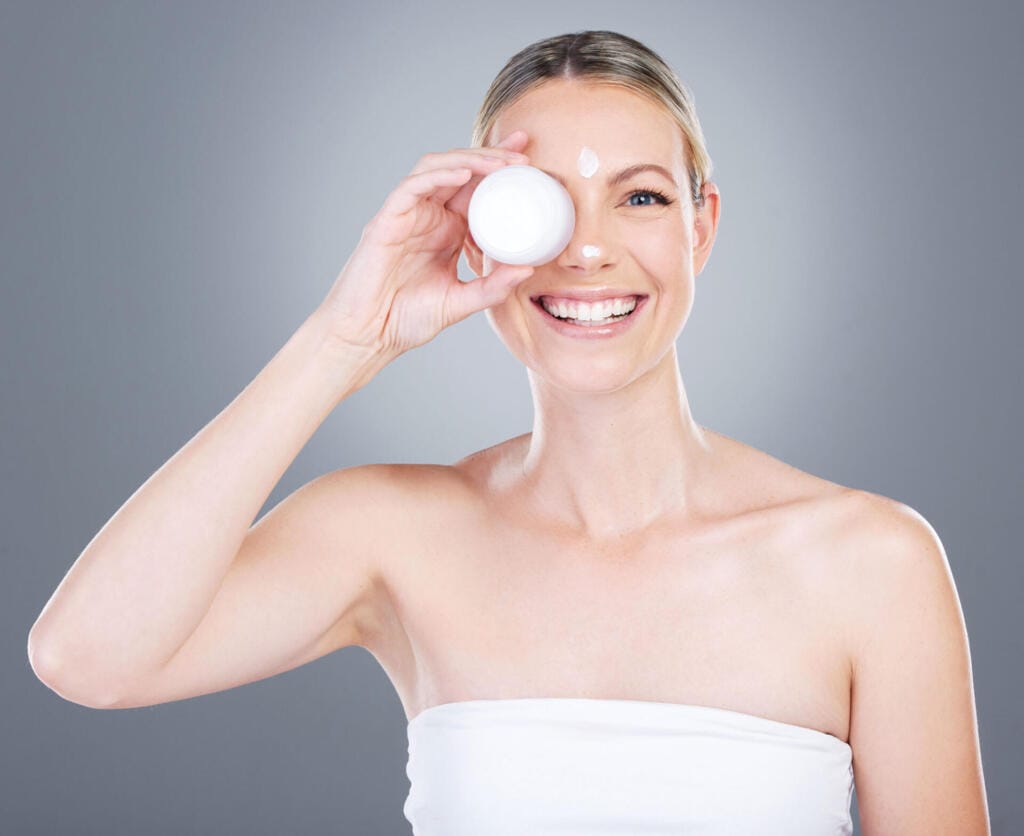
Begin with the thinnest, water-based products like toners or serums, and work your way up to thicker creams. For hydration, using a hydrating serum followed by a moisturizer can lock in moisture far more effectively than using either product alone. Serums are formulated with smaller molecules that penetrate deeper into the skin, delivering hydration right where it’s needed. Moisturizers, especially those containing emollients like squalane or ceramides, then act as a seal to prevent that hydration from escaping.
The Magic of Exfoliation
Here’s a little secret: if your skin isn’t glowing, it might be because it’s covered in dead cells. Your skin naturally sheds these cells, but sometimes, the process slows down, leading to a dull, uneven complexion. Regular exfoliation can help remove those dead cells, allowing the fresh, radiant skin underneath to shine through.
Chemical exfoliants, such as alpha hydroxy acids (AHAs) or beta hydroxy acids (BHAs), are a fantastic option for most skin types. They gently dissolve the bonds between dead skin cells without the need for harsh scrubbing. If you’re new to exfoliation, start slow—once or twice a week is plenty. Too much exfoliation can compromise your skin’s barrier, leaving it dry and irritated, which is the exact opposite of what we’re aiming for.
Physical exfoliants, such as scrubs, can also be effective, but they must be used with care. Choose a scrub with fine, smooth particles to avoid micro-tears in the skin. And remember be gentle! Your skin is not a countertop that needs to be scrubbed clean. A light hand is all you need for glowing results.
Moisturizers: Choose Wisely
When it comes to moisturizers, one size does not fit all. A heavy cream that works wonders for someone with dry skin might leave someone with oily skin feeling greasy and clogged. To find the best moisturizer for your skin, consider its unique needs. If your skin is on the oilier side, opt for a lightweight, oil-free moisturizer, preferably with mattifying properties. If your skin is dry or prone to flakiness, a richer formula with nourishing oils and butters is ideal.
Look for ingredients like ceramides, which help restore the skin’s natural barrier, and hyaluronic acid, which we mentioned earlier. Ceramides are particularly important because they reinforce your skin’s moisture barrier, preventing water loss and keeping hydration locked in.
Another trick? Applying your moisturizer while your skin is still slightly damp, right after cleansing or misting with a hydrating toner. This helps to “trap” the moisture in your skin and boosts the hydrating effects of the product.
Sunscreen: Your Skin’s Best Friend
Want glowing, youthful skin for the long haul? Never skip sunscreen. Sun exposure is one of the leading causes of premature aging, and even a little UV damage can lead to dryness, fine lines, and hyperpigmentation. A broad-spectrum sunscreen with SPF 30 or higher is non-negotiable, and yes, you should wear it every single day—even if it’s cloudy or you’re spending the day indoors.
Many modern sunscreens are formulated with hydrating ingredients like hyaluronic acid and antioxidants, so they double as both sun protection and moisture boosters. Plus, using sunscreen regularly ensures that all the hard work you’re doing with your skincare routine isn’t undone by the sun’s damaging rays.
The Role of Diet in Skin Hydration
Hydration isn’t just about what you apply to your skin; what you put inside your body counts, too. A diet rich in water-heavy fruits and vegetables can work wonders for your skin. Foods like cucumbers, watermelon, and oranges have high water content and are loaded with vitamins that help maintain skin health. Omega-3 fatty acids found in foods like salmon, flaxseeds, and walnuts are another must, as they help support your skin’s lipid barrier, which locks in moisture.
Limit processed foods and refined sugars, which can contribute to inflammation and exacerbate skin conditions like acne or eczema. And don’t forget to include antioxidant-rich foods like berries, spinach, and green tea, which fight free radicals and promote healthy, glowing skin from the inside out.
Getting Your Beauty Sleep
If you’re not getting enough sleep, your skin will tell the story. It’s during sleep that your body goes into repair mode, regenerating cells and restoring hydration levels. Lack of sleep can lead to dull skin, puffiness, and dark circles, none of which scream “glow.”
Aim for 7-9 hours of sleep per night, and if you’re struggling to get enough, try creating a relaxing bedtime routine. Cutting back on-screen time before bed, using a calming scent like lavender, and making sure your room is dark and cool can all improve the quality of your sleep—and, by extension, the quality of your skin.
Conclusion-Free Conclusion
Glowing, hydrated skin is not an impossible goal, nor does it require a 12-step skincare routine or a cabinet full of products. The secret lies in balancing hydration, gentle care, and sun protection, all while nourishing your skin from the inside out. By adopting these simple strategies—drinking plenty of water, using hydrating and protective products, eating a skin-friendly diet, and prioritizing your beauty sleep—you can achieve the radiant skin you’ve always wanted. And the best part? You’ll notice the difference quicker than you think.





